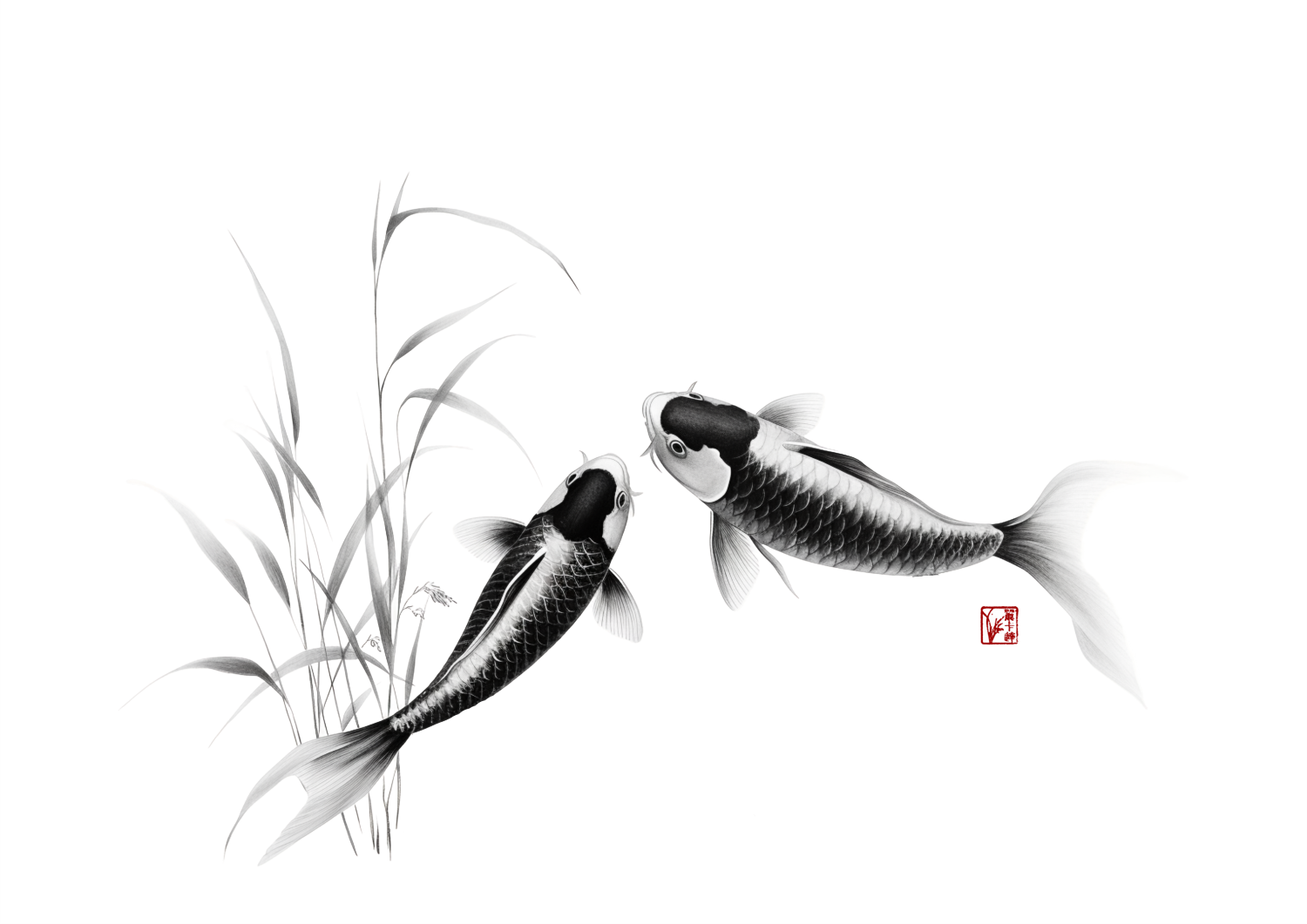The Weathered Scroll

One misty morning, as I roamed through the ancient corridors of a secluded monastery, my eye caught a glimmer of parchment tucked away in a forgotten alcove. Curiosity piqued, I reached out and unfurled the delicate scroll, revealing a treasure trove of Taiji’s history.
Inscribed upon the yellowed parchment were tales of antiquity, tracing the lineage of Taiji back to its humble origins in Chen Village, Henan province. It was here, amidst the tranquil countryside, that a legendary figure named Chen Wangting first developed the foundations of what would later become known as Taijiquan.
As I delved deeper into the annals of time, I discovered the fascinating evolution of Taiji through the centuries. From its secretive beginnings as a closely guarded family art in the Chen clan to its spread across China and eventually the world, Taiji bore witness to the ebb and flow of dynasties, wars, and cultural upheavals.
Each generation of masters contributed to Taiji’s legacy, refining and adapting the art to suit the changing times. From the Chen family’s intricate routines to the flowing movements of the Yang style, from the compact forms of Wu (Hao) to the compactness of Wu, and from the dynamic innovations of Sun Lutang, Taiji’s journey mirrored the resilience and adaptability of the human spirit.
Yet, amidst the myriad styles and variations, one common thread remained—the pursuit of harmony. Whether on the battlefield or in the quietude of the practice hall, Taiji offered a path to balance, serenity, and self-mastery—a timeless testament to the enduring wisdom of the ages.
As I rolled up the scroll and returned it to its rightful place, I couldn’t help but feel a sense of gratitude for the countless souls who had preserved Taiji’s rich heritage throughout the ages. Their stories, etched in the annals of history, served as beacons of inspiration on my own journey along the path to harmony.
